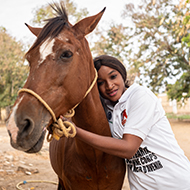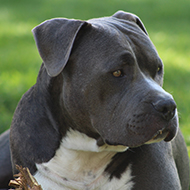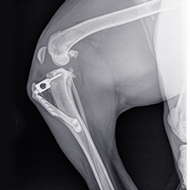Recovery seen at onset of disease symptoms
Scientists have reported that they have successfully treated the deadly ebola virus in primates at the onset of disease symptoms.
The experiment, carried out by a team of researchers at the United States Army Medical Research Institute of Infectious Diseases (USAMRIID), follows previous successful ebola studies.
The scientists had already found that the treatment, known as MB-003, is 100 per cent successful in non-human primates when given one hour after ebola exposure, and in two out of three cases when given 48 hours after exposure.
However, the new study has revealed that 43 per cent of infected non-human primates recovered after receiving MB-003 intravenously between 104 and 120 hours after infection – when the primates first developed measurable symptoms.
Ebola is a global health concern with a human fatality rate as high as 90 per cent. Treatment has been under development in the US for the past 10 years.
According to the scientists, MB-003 is a "cocktail" of monoclonal antibodies that inactivate the virus by recognising infected cells and triggering the immune system to kill them off.
It was reported that no side effects were observed in the surviving animals.
"These initial results push the threshold of MB-003 from post-exposure prophylaxis to treating verified illness," said senior author Gene Olinger, of USAMRIID.
The study has been published in the online journal Science Translational Medicine.






 Birmingham Dogs Home has issued an urgent winter appeal as it faces more challenges over the Christmas period.
Birmingham Dogs Home has issued an urgent winter appeal as it faces more challenges over the Christmas period.
